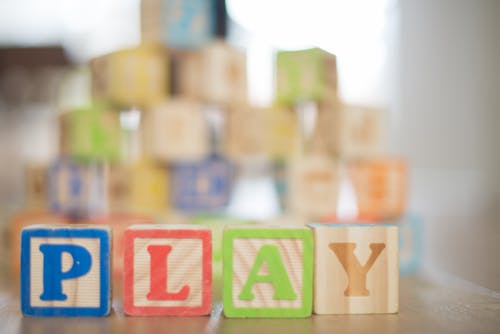The Role of Play Therapy in Addressing Emotional, Social, and Behavioral Issues

Play therapy is a form of therapy that uses play and creative activities as a way to communicate and address emotional, social, and behavioral issues in children and adults. It is a highly effective and widely used treatment option for a variety of mental health concerns, and has numerous benefits for both children and adults. Here are the top benefits of play therapy:
- Play therapy is non-threatening and non-invasive.
Because play is a natural and enjoyable activity for children and adults, play therapy can feel less intimidating and more enjoyable than traditional talk therapy. This can make it easier for individuals to open up and share their thoughts and feelings, which can be particularly beneficial for those who may be resistant to traditional therapy or have a hard time verbalizing their emotions.
- Play therapy allows individuals to express themselves in a way that is comfortable and familiar.
Through play, individuals can use toys and other creative materials to express their thoughts, feelings, and experiences in a way that is comfortable and familiar to them. This can be especially helpful for children, who may not yet have the language skills to fully express themselves through words.
- Play therapy can help individuals develop coping skills and problem-solving abilities.
Play therapy provides an opportunity for individuals to explore and practice new ways of handling difficult emotions and situations. By engaging in play and creative activities, individuals can learn new coping skills and problem-solving strategies that they can use in their daily lives.
- Play therapy can improve social skills and relationships.
Play therapy can help individuals improve their social skills and relationships by providing a safe and supportive environment to practice and develop these skills. Through play, individuals can learn how to communicate effectively, share, take turns, and express their needs and boundaries in a healthy way.
- Play therapy can be an effective treatment for a variety of mental health concerns.
Play therapy has been found to be effective in the treatment of a wide range of mental health concerns, including anxiety, depression, trauma, and behavioral issues. It has also been shown to be effective in improving social skills, communication, and overall well-being in individuals of all ages.
In conclusion, play therapy is a highly effective and widely used treatment option that can provide numerous benefits for children and adults. If you or a loved one is struggling with mental health concerns, consider seeking out a trained play therapist to help address these issues and improve overall well-being.


 Virtual Counseling for Florida Residents
Virtual Counseling for Florida Residents